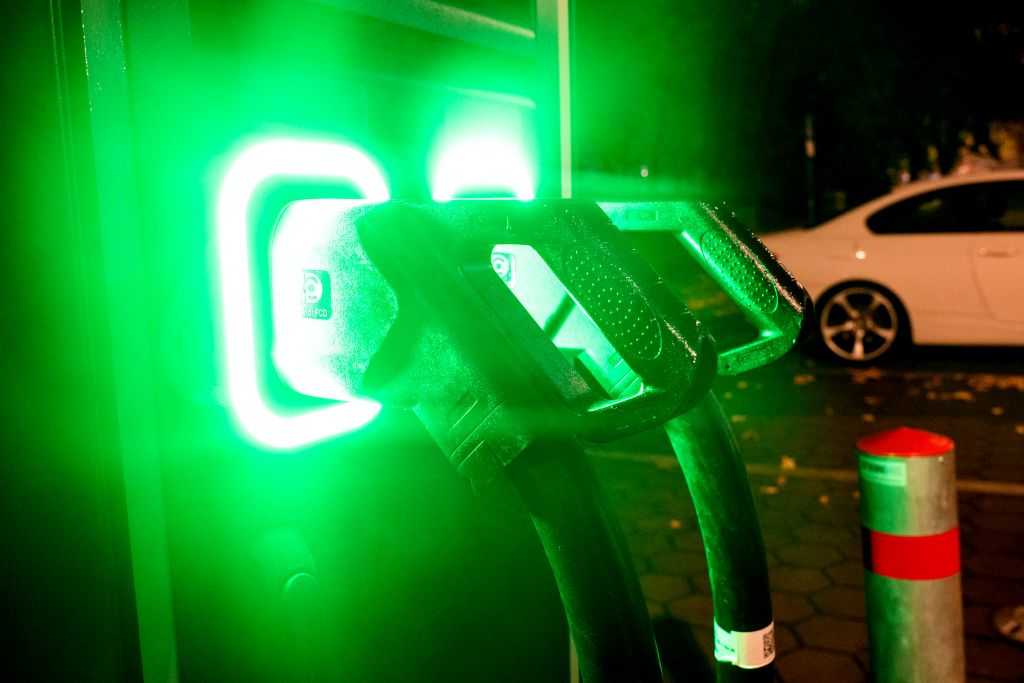The promotion planned by the black-red coalition for electric cars for low-income earners should, according to proposals from the SPD parliamentary group, include a purchase premium and a leasing offer. „So far, mainly higher-income groups buy electric cars,“ says a policy paper by the transport policy spokesperson Isabel Cademartori and the spokespersons for the environment and economy, Jakob Blankenburg and Sebastian Roloff. For e-mobility to become a „success for all,“ there must be more affordable cars.
„The transformation to electric mobility is the only realistic path to achieving the climate targets,“ it says in principle.
The uptake of affordable electric vehicles should be subsidized from 2026 to 2029 with a purchase premium, says the SPD paper, which first was reported by the „Süddeutsche Zeitung“. It is available to the German Press Agency. Previously the Federal Ministry for the Environment had denied any details about the new subsidy that were circulating. Now comes the official proposal of the SPD politicians. „The premium amounts to at least 3,000 euros and should be complemented to the same extent by manufacturers or dealers.“ Eligible should be people with a „low to middle monthly income.“
Kaufprämie für E-Modelle unter 45.000 Euro
The purchase premium should apply to new and used battery-powered cars, produced in Europe, that meet certain environmental requirements (environmental score) and have a net list price of under 45,000 euros. This would effectively exclude the German premium brands BMW, Audi and Mercedes, which in this range currently have no offer, if one excludes the BMW brand Mini. To strengthen trust in used e-cars, dealers should also in the future offer a free „battery check“ when purchasing used vehicles. In addition, the SPD policy experts demand to introduce from 2027 a „target-group-appropriate“ leasing program with a social component – with a low leasing rate and a later purchase option for European electric vehicles that meet certain environmental requirements. The program must be simple and unbureaucratic. A model here is the Federal Ministry for the Environment’s program „Sozial und Mobil“.
